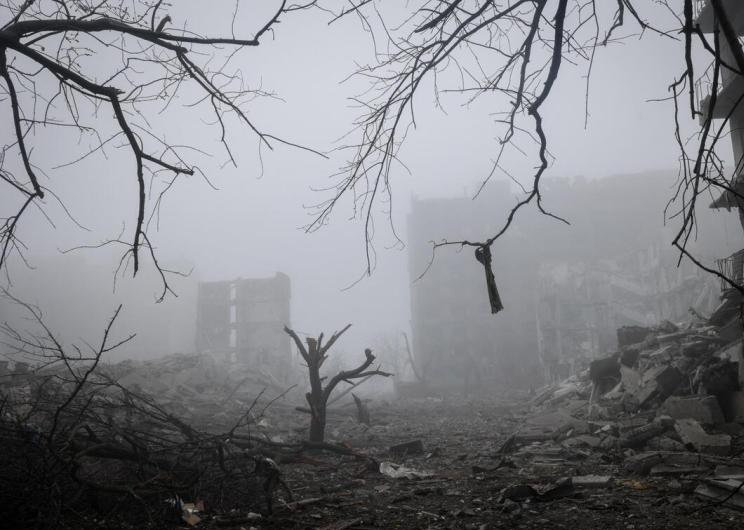The current situation and conditions of the Japanese economy are complex and diversified, involving many factors. First, from the perspective of construction investment, according to the forecast of the Japanese Institute of Construction Economics, the total construction investment in 2024 is expected to be 74.35 trillion yen, an increase of 2.8%. Government sector investment and private housing investment also increased, which indicates that the construction sector has maintained a stable development trend to a certain extent.
However, from a broader economic perspective, Japan's economy still faces some challenges. Starting from the second half of 2023, Japan's economy fell into a downturn again after a brief recovery, and in the fourth quarter of 2023, Japan's real GDP fell by 0.4% on an annualized basis, much lower than the 1.1% growth expected by economists. At the same time, this is also the second consecutive quarter of Japanese GDP contraction, meaning that the Japanese economy has been deep in recession, the status of the Japanese economy and Japanese enterprises in the world continues to decline, and the scientific and technological innovation ability and corporate competitiveness have declined significantly. The main factors affecting the development of Japanese economy are as follows:
First, it is affected by international conflicts and energy security. Due to the impact of international factors such as the Palestinian-Israeli conflict and the Russia-Ukraine conflict, Japan's economic growth is facing uncertainties. These conflicts have not only changed the face of the Middle East, but also posed risks to Japan's energy and material imports and maritime transportation. The supply of energy and raw materials, especially the thorny situation in shipping, is one of the most interesting challenges facing Japan in 2024. Some economists forecast that Japan's economy could grow by less than 0.8 percent in 2024, indicating some growth pressure.
Second, it is affected by weak domestic demand. Growth in domestic consumption and investment has been sluggish. Although the Japanese government has adopted a series of economic stimulus measures, such as granting subsidies to low-income families and reducing resident tax, in order to promote the improvement of income environment and the growth of personal consumption, the actual effect may be affected by a variety of factors. For example, the lifting of the negative interest rate policy by the Bank of Japan may have some impact on the economy, while consumers may adjust their consumption behavior in the face of rising prices and inflationary pressures.
Third, it is constrained by an aging population and labor shortage. The Japanese economy has been chronically facing structural problems such as an aging population and labor shortages over the past few decades, which have limited the supply of labor, increased social security spending, and put pressure on the innovation capacity and productivity of the Japanese economy.
Fourth, the impact of globalization and technological change. With the development of globalization and technological change, Japan's traditional pillar industries such as manufacturing are facing strong competition from China, the United States, Germany and other countries. At the same time, new production methods such as modularization and platformization have also had an impact on the Japanese manufacturing industry, making the Japanese manufacturing industry face challenges in product design, production efficiency and added value.
Fifth, trade deficit and weak industrial production. Japan's industrial production is weak and its trade deficit persists. Cooling overseas demand further weakens Japan's industrial production, while high commodity prices and a sharply weaker yen push up the price of imported goods, further exacerbating the trade deficit.
At present, the situation and conditions of the Japanese economy have both positive aspects and some challenges and problems. The Japanese government and all parties in society need to pay close attention to the changes in the economic situation and take effective policy measures to deal with various challenges and promote the stability and sustainable development of its domestic economy.




























